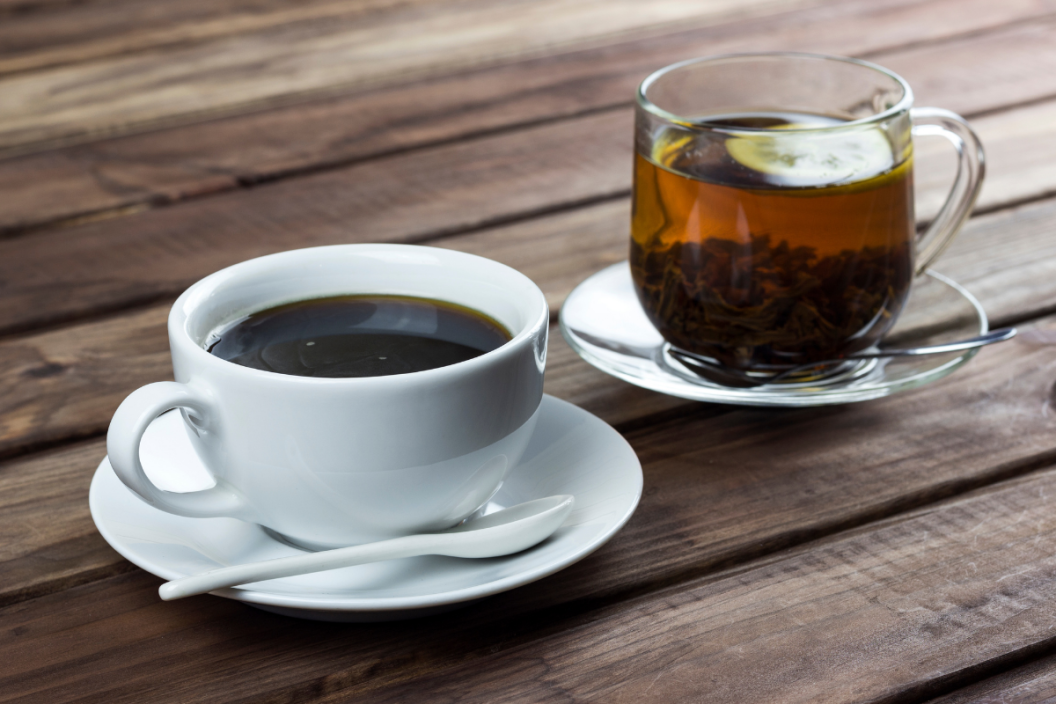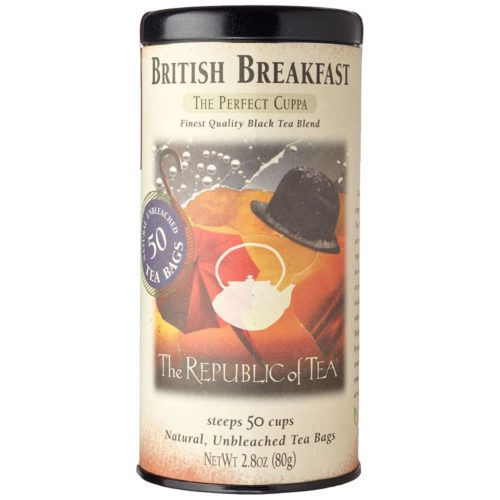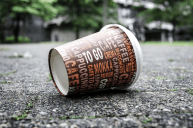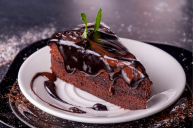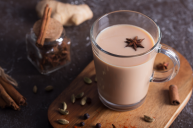People who need their caffeine can get their fix in several forms nowadays. Of course, there is traditional tea and coffee, but there are also caffeinated beverages like energy drinks and soda that give similar effects. But what about the caffeine in tea vs. coffee?
Coffee lovers may wonder if the caffeine in tea is the same as in coffee. The answer is somewhat complicated as it depends on how each beverage is prepared, as well as what type you're consuming.
Caffeine Consumption
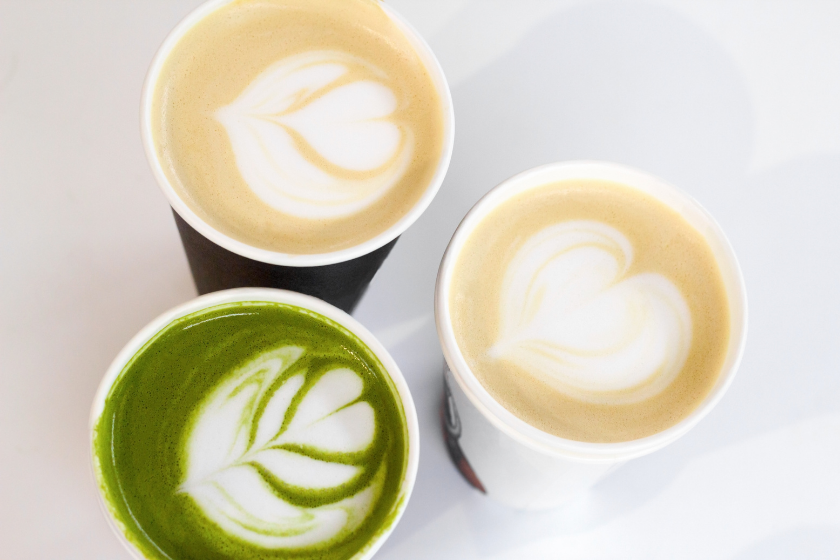
It's not surprising that adults across the globe love the effects of caffeine. One of the most loved side effects is the energy boost caffeine provides.
The Mayo Clinic recommends that healthy adults limit their caffeine intake to 400 milligrams of caffeine per day or about four cups of coffee. The average cup of coffee has about 100 mg of caffeine. Pregnant women should consume no more than 200 mg of caffeine per day.
If you want to avoid or limit your caffeine consumption, replace your espresso shot with decaf coffee, decaffeinated tea, or instant coffee. One 8 ounce cup of instant coffee has slightly less caffeine than a regular cup of coffee.
Too much caffeine can cause high blood pressure and headaches.
Caffeine in Tea vs. Coffee
It may surprise you to learn that tea leaves have a higher caffeine content than coffee beans before brewing.
The change comes when comparing brewed coffee to brewed tea. During the brewing process, coffee beans use hot water that extracts more caffeine from the beans. The brewing time for coffee is also longer than tea.
The steeping time of tea can affect caffeine levels. If you want a stronger cup of tea, steep it in boiling water for four minutes.
British Breakfast Black Tea
Teabags produce more caffeine than loose leaf teas. If you want the most caffeine, stick with a cup of black tea.
Types of Tea
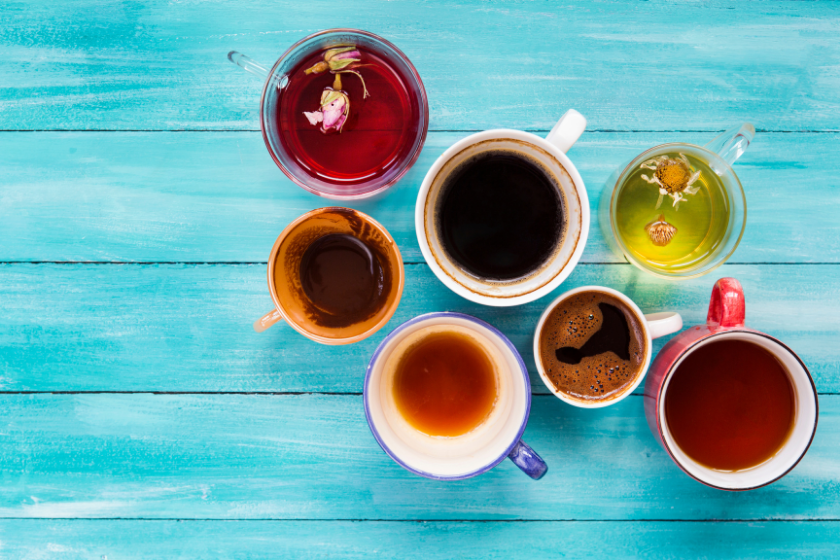
Black tea, green tea, and white tea are all picked from the same plant, but black tea is oxidized, which raises the amount of caffeine. Oxidation occurs when the leaves are exposed to the air.
Oolong tea is also sourced from the Camellia Sinensis tea plant, which also produces black and green tea. Oolong has similar caffeine levels to green tea. Herbal teas are often marketed as being caffeine-free, but they may contain a small amount of caffeine anyway. Overall, these teas still contain way less caffeine than other teas or coffee.
Matcha tea and yerba mate are two types of tea with high caffeine. A matcha latte is a great substitute for a coffee latte. Yerba mate has several health benefits. The tea has tons of nutrients and antioxidants, including 7 out of 9 essential amino acids.
Chai tea and earl grey are both popular teas that do contain caffeine. However, they do not have nearly as much caffeine as coffee. When it comes down to caffeine in tea vs. coffee, it really comes down to personal preference.
READ: How To Quit Coffee When You're Quite Frankly Addicted to Caffeine
